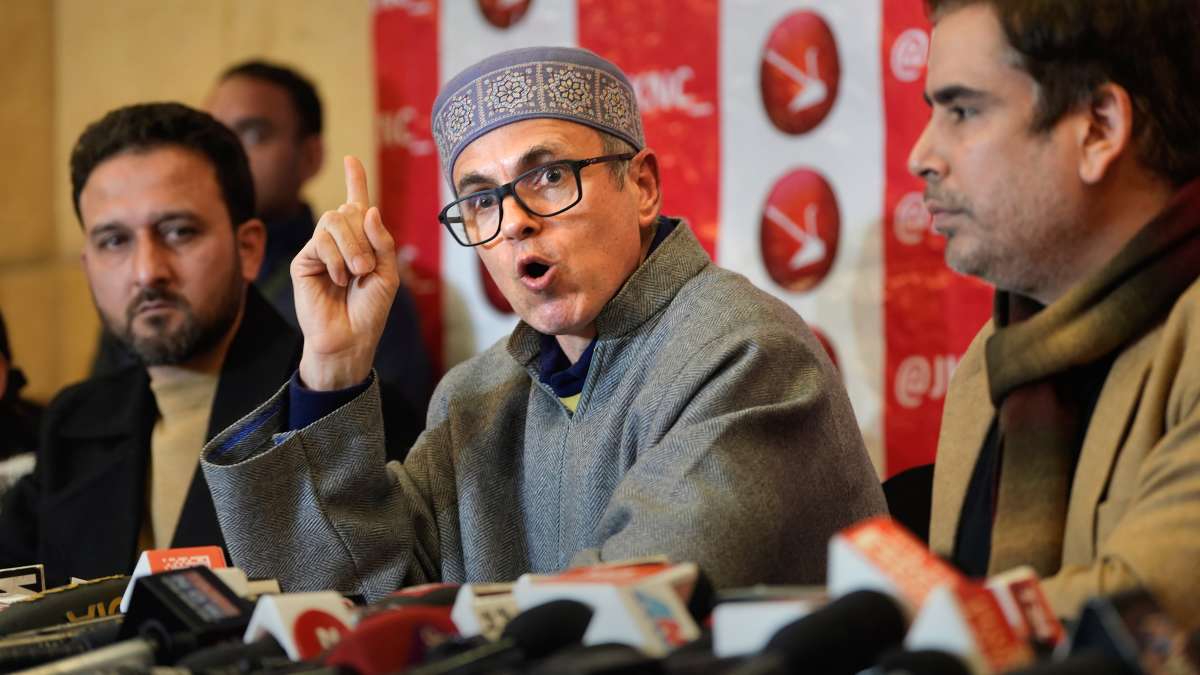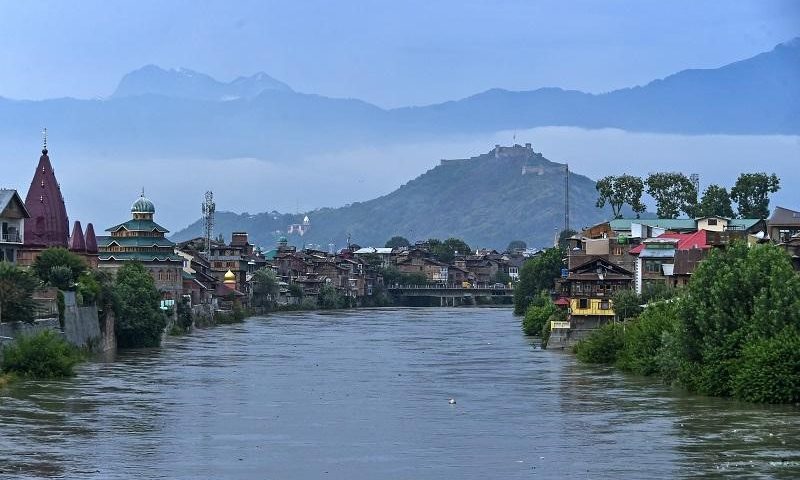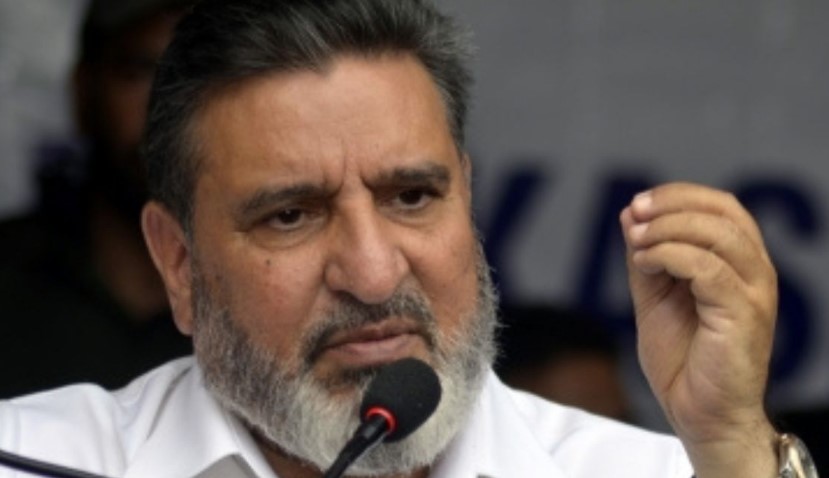Omar Abdullah Slams BJP’s Manifestoes, Decries Impact on Jammu and Kashmir
In a scathing indictment of the Bhartiya Janata Party’s (BJP) governance agenda, former Chief Minister of Jammu and Kashmir, Omar Abdullah, has asserted that BJP manifestoes have historically wrought destruction upon the region. Abdullah’s remarks come amidst ongoing political discourse surrounding the BJP’s electoral promises and their implications for the erstwhile state.
The BJP’s electoral manifestoes have long been a subject of scrutiny and debate, particularly in the context of Jammu and Kashmir, a region marked by complex sociopolitical dynamics and enduring tensions. Abdullah’s critique underscores the significance of political rhetoric and policy agendas in shaping the destiny of the region and its people.
A Legacy of Discord: Assessing the BJP’s Governance Agenda in Jammu and Kashmir
Omar Abdullah’s assertion that BJP manifestoes have historically brought destruction for Jammu and Kashmir encapsulates a broader narrative of political discord and upheaval. The BJP’s approach to governance in the region has been characterized by a combination of ideological assertiveness and strategic maneuvering, often resulting in polarization and division.
At the heart of Abdullah’s critique lies a fundamental concern regarding the BJP’s vision for Jammu and Kashmir and its implications for the region’s socio-economic and political landscape. From contentious issues such as the abrogation of Article 370 to the implementation of divisive policies, the BJP’s governance agenda has been met with both fervent support and vehement opposition within the region and beyond.
Unpacking the BJP Manifestoes: A History of Promises and Controversies
The BJP’s manifestoes, spanning multiple electoral cycles, have served as blueprints for the party’s governance agenda in Jammu and Kashmir. However, these documents have also been mired in controversy, with critics arguing that they prioritize political expediency over the welfare of the region’s residents.
Omar Abdullah’s assertion that BJP manifestoes have brought destruction for Jammu and Kashmir prompts a critical examination of the party’s policy prescriptions and their real-world impact. From calls for the repeal of Article 370 to pledges of accelerated development and economic prosperity, the BJP’s electoral promises have often been met with skepticism and apprehension by local stakeholders.
Navigating the Complex Terrain of Jammu and Kashmir Politics
The political landscape of Jammu and Kashmir is marked by a complex interplay of regional identities, historical grievances, and competing narratives of nationhood. Against this backdrop, the BJP’s governance agenda has emerged as a focal point of contention, drawing sharp criticism from opposition leaders like Omar Abdullah.
Abdullah’s critique reflects a broader sentiment of disillusionment and disenchantment among segments of the population who feel marginalized or alienated by the BJP’s policies. Moreover, it underscores the need for inclusive and equitable governance strategies that prioritize the interests of all stakeholders, regardless of political affiliation or ideological orientation.
The Path Forward: Toward Inclusive Governance and Political Reconciliation
As Jammu and Kashmir navigates the complexities of post-constitutional transition, there is an urgent need for political leaders and policymakers to prioritize dialogue, reconciliation, and inclusive governance. Omar Abdullah’s critique of the BJP’s manifestoes serves as a poignant reminder of the stakes involved and the imperative of charting a course toward sustainable peace and prosperity.
Moving forward, it is incumbent upon all stakeholders – political parties, civil society organizations, and community leaders – to engage in constructive dialogue and forge consensus on key issues affecting the region. By fostering a spirit of cooperation and mutual respect, we can transcend the divisive rhetoric of the past and build a future characterized by unity, prosperity, and shared opportunity.
In conclusion, Omar Abdullah’s critique of BJP manifestoes and their impact on Jammu and Kashmir highlights the enduring complexities of the region’s political landscape. As we navigate the challenges and opportunities of the post-constitutional era, let us heed the lessons of the past and work collaboratively to build a brighter and more inclusive future for all residents of Jammu and Kashmir.





